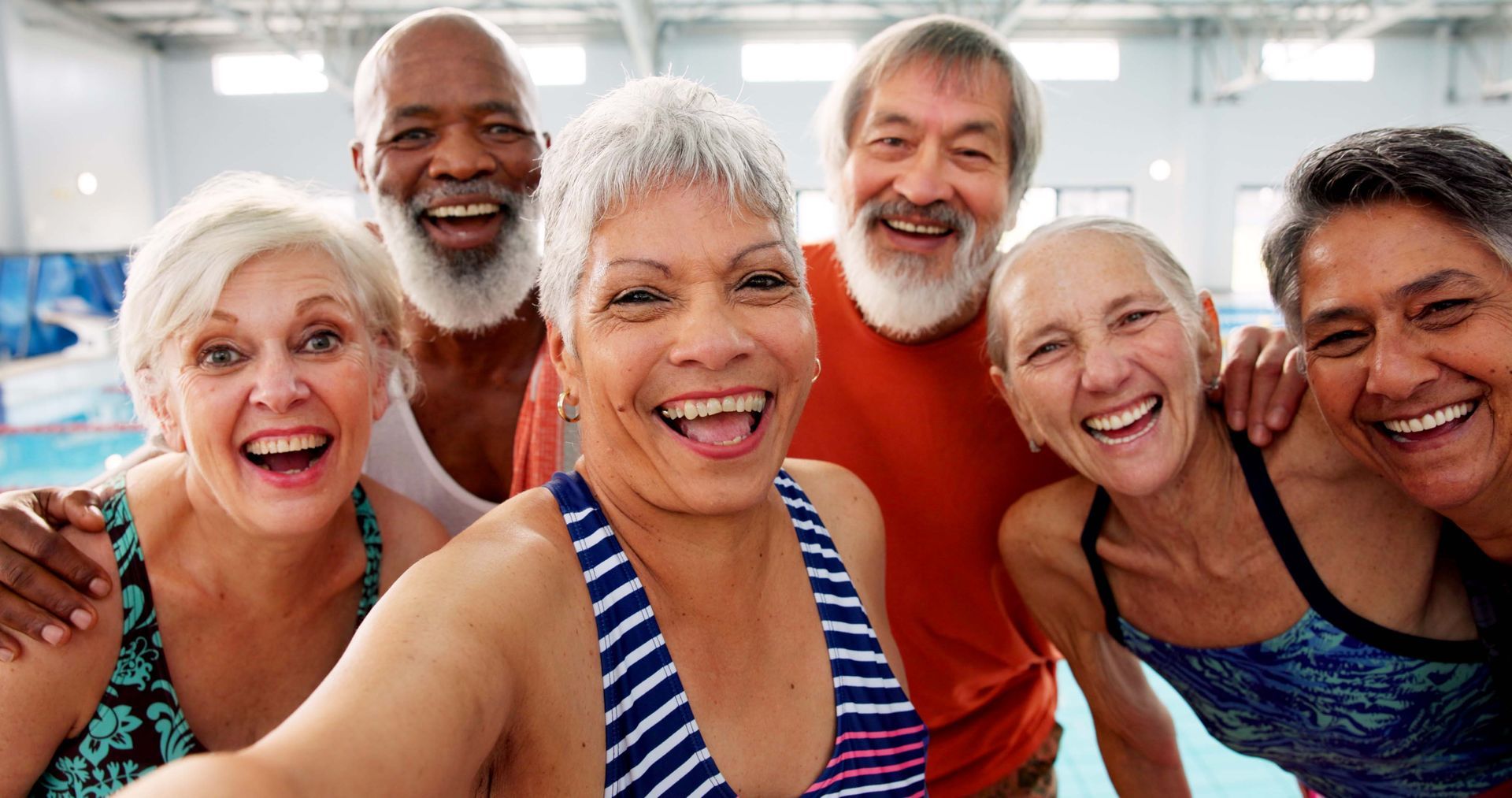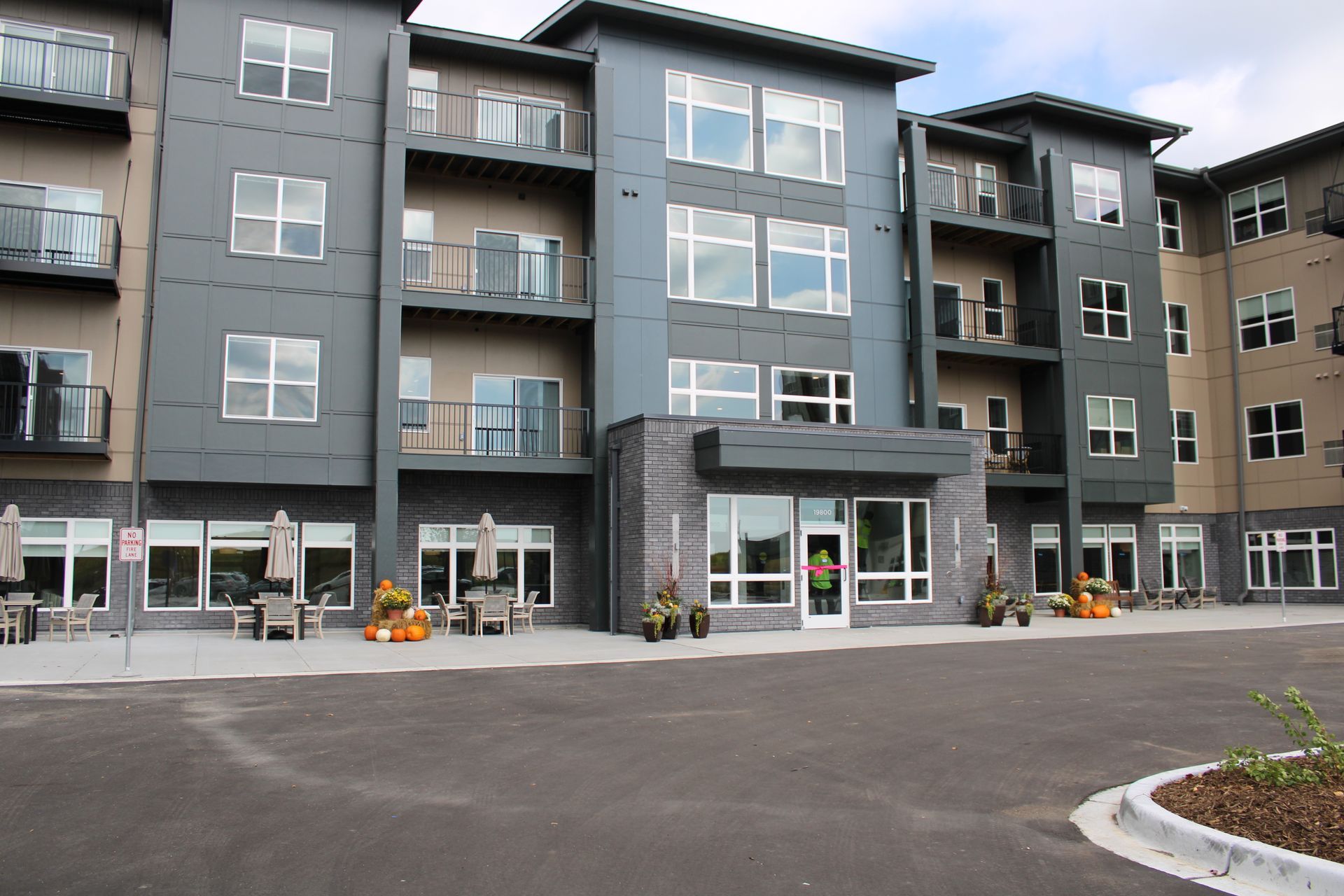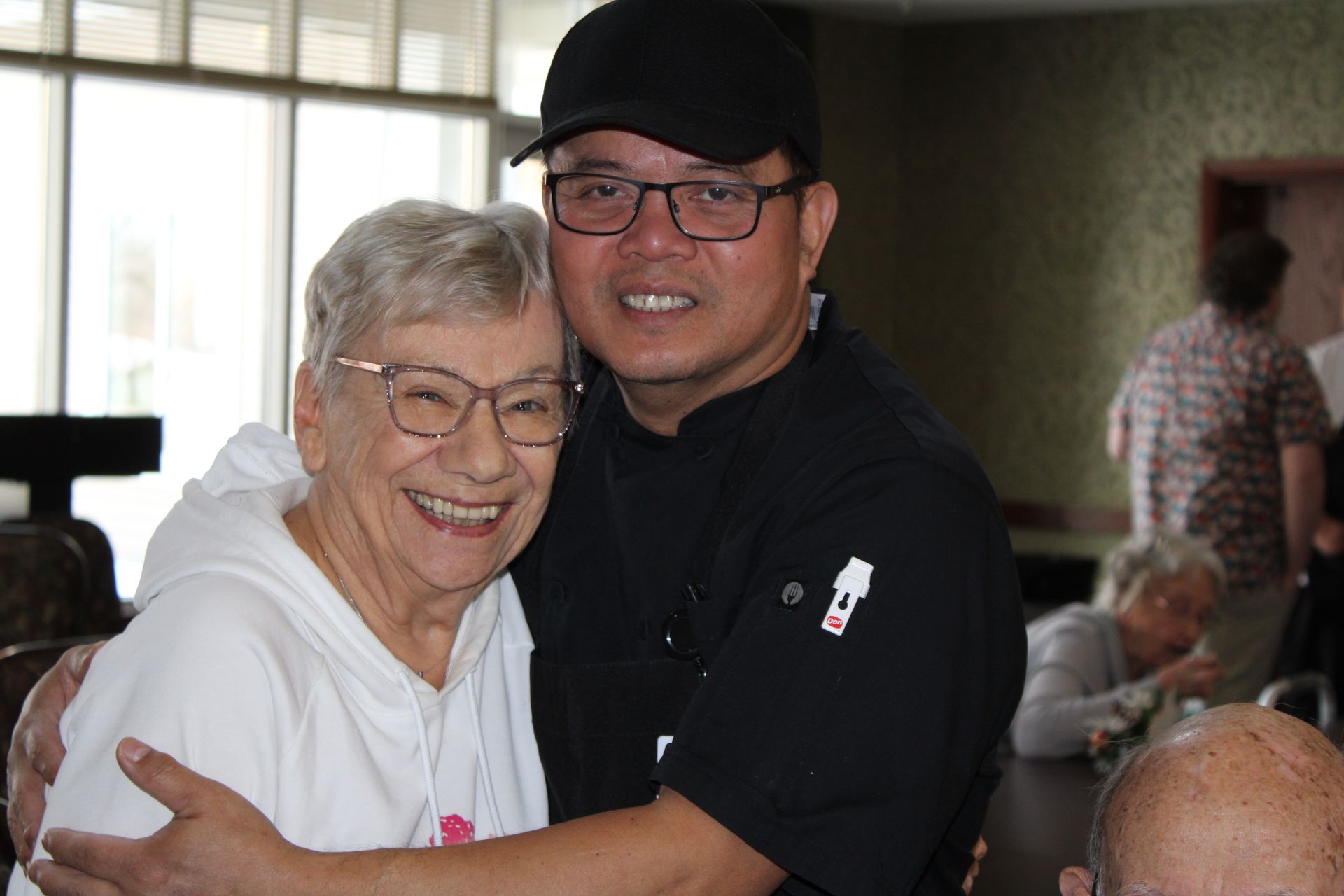
2025 Senior Health: Progress, Challenges, and Key State Insights
The 2025 America’s Health Rankings® Senior Report was recently released, offering a comprehensive overview of the health and well-being of older adults across the United States. The report, based on 55 measures from 24 distinct data sources, highlights both strides made and challenges persisting in senior health. While there is encouraging progress in areas like reduced early death rates and strengthened social connectedness among older adults, significant mental and behavioral health challenges remain.
Key Findings from the Report
- Falls and obesity rates have stabilized after peaking earlier this decade.
- The number of geriatric clinicians increased by 5 percent, marking the highest rate ever recorded by the rankings.
- Volunteerism saw a 19 percent increase between 2021 and 2023.
- The healthiest state for older adults was Vermont, followed by Colorado, Washington, Utah, and Connecticut. Meanwhile, Mississippi ranked as the least healthy state, with Louisiana, West Virginia, Oklahoma, and Kentucky following suit.
Insights from States with Saint Therese Senior Communities
- Minnesota ranked 7th overall, placing it among the top 10 healthiest states for older adults. It showed a promising 13 percent increase in the number of geriatric clinicians between 2021 and 2024. However, the state also experienced a significant 23 percent rise in depression rates among adults aged 65 and older, increasing from 12.8 to 15.7 percent between 2018 and 2023.
- Michigan secured the 21st spot in the rankings. The state showed notable improvements, including an 18 percent drop in falls, decreasing from 32.6 to 26.7 percent of adults aged 65 and older between 2014 and 2023. Additionally, cognitive difficulty rates decreased by 13 percent, from 8.8 to 7.7 percent during the same period.
- Ohio ranked 36th overall, but one bright spot was a significant 35 percent increase in the number of geriatric clinicians between September 2019 and September 2024.
Positive Signs for Volunteering
The news about volunteering is a positive sign as emerging evidence shows that older adults who volunteer regularly have fewer cognitive complaints and a lower risk for dementia compared with those who do not volunteer regularly. At Saint Therese, volunteers are as much a part of our organization as our residents, families, visitors, and employees. We rely on and value the countless hours and dedication of those who support our mission by volunteering in our communities. We are always looking for volunteers. To find out more, or to apply to be a volunteer, please visit us here.
The Bottom Line
The 2025 Senior Report, produced by the United Health Foundation, underscores the complexities of senior health in the United States. While strides have been made in areas such as access to specialized care and volunteer engagement, persistent challenges like obesity, depression, and behavioral health highlight the need for continued efforts. The Report serves as a crucial reminder of the ongoing work needed to ensure a healthier future for older adults across the nation.
About
At Saint Therese, our heartfelt purpose since 1968 has been a people first approach to living well by providing senior care and services where every life we touch feels welcomed, respected, and heard. We achieve this by doing ordinary things with extraordinary love every single day. Contact us to learn more.







